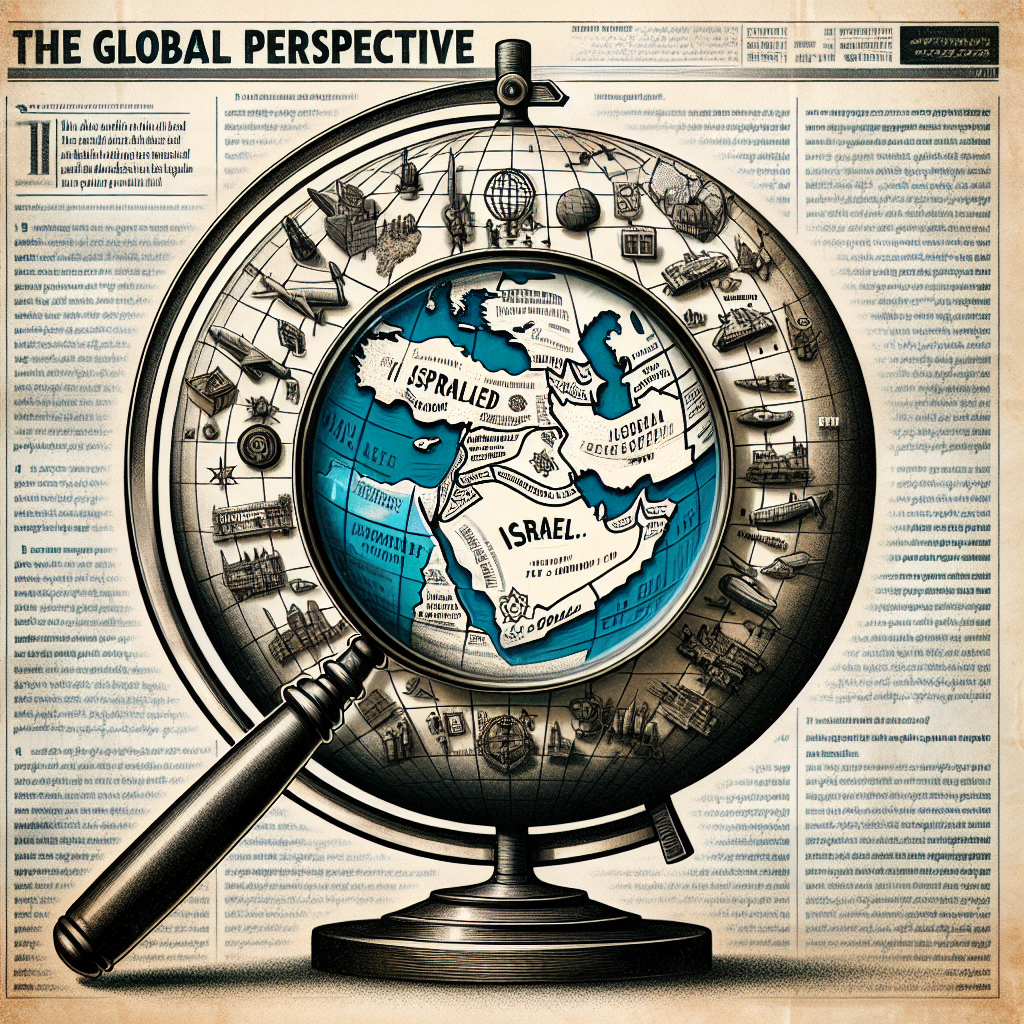This past week marked the anniversary of Hamas’s military assault on Israel, which initiated a violent conflict between Israel and Gaza, now extending into the West Bank and Lebanon. Scott Ritter, a military and geopolitical expert, emphasized the monumental implications of these events during an interview, proclaiming that the world’s perception of Israel has drastically shifted. This change highlights Israel as a “genocidal apartheid state,” a label that many had previously overlooked. Ritter poses a critical view on Israel’s relationship with the United States, calling it unnatural and detrimental to the geopolitical balance in the Middle East. His assertions challenge the core beliefs of a long-standing pro-Israel narrative and question the morality of American support for what he describes as Israel’s crimes against humanity.
Scott Ritter demonstrates profound understanding of military strategies and regional dynamics, establishing himself as a vital voice in the discourse surrounding Israel and Palestine. He has transitioned from being a staunch supporter of Israel to recognizing the injustices inflicted by the Zionist state. This transformation resonates with many who also initially supported Israel but have since come to grapple with its policies. Ritter’s insights are rooted in deep historical and geopolitical knowledge, and he analyzes contemporary events as symptoms of a broader, detrimental issue. Consequently, he argues in favor of the necessity for a global reevaluation of the West’s policies regarding Israel and Palestine.
Ritter articulated that Israel is akin to a “cancerous tumor” disrupting the Middle East’s natural order, thanks in large part to American backing. According to him, the world is beginning to recognize this reality. He urges a tectonic shift in public consciousness that views the support for Israel as fundamentally misaligned with America’s founding principles of life and liberty. He questions the continued American complicity in atrocities, particularly the targeting of civilians through military aggression. His perspective suggests that the long-standing narrative supporting Israel must be dismantled, and the reality of the devastating consequences of these policies must be acknowledged.
He further assesses the weaknesses of Israel under Benjamin Netanyahu, asserting that current leadership is contributing to the deterioration of Israel’s position on the global stage. Ritter emphasizes the prospect of Iran significantly retaliating should an escalation of attacks emerge, implying an imminent threat to Israel’s existence. This notion of vulnerability is in stark contrast to the historical image of Israel as an indomitable military power. The interview conveys a narrative that may lead audiences to rethink the viability of the Israeli state under present conditions and its reliance on militaristic policy rather than civilian welfare.
Ritter also underscores America’s role in perpetuating violence in the Middle East through a false sense of diplomacy, suggesting that American officials misled both domestic audiences and regional players about their influence over Israel. This illusion of control has eroded trust in U.S. intentions and capabilities within the region, rendering American foreign policy ineffective. He emphasizes that the U.S., rather than acting as a mediator, has become a full participant in the cycle of violence, further complicating the prospects for peace.
Ritter concludes with a dire prediction about the future of Israel if current trends continue, positing that without substantial internal change, the state may collapse under its own contradictions and unsustainable practices. He connects this potential collapse to larger prophecies and theological considerations, urging the evangelical community to reassess their perspectives on the Israeli state’s role in biblical prophecy. He posits that the demise of the Zionist state could pave the way for a reconciliatory future among the diverse communities in the region, emphasizing the need for a more profound understanding of peace based on genuine coexistence rather than conflict-induced narratives. Thus, he calls for an awakening among those who support the current state and a critical examination of what that support truly represents in the context of human life and dignity.

